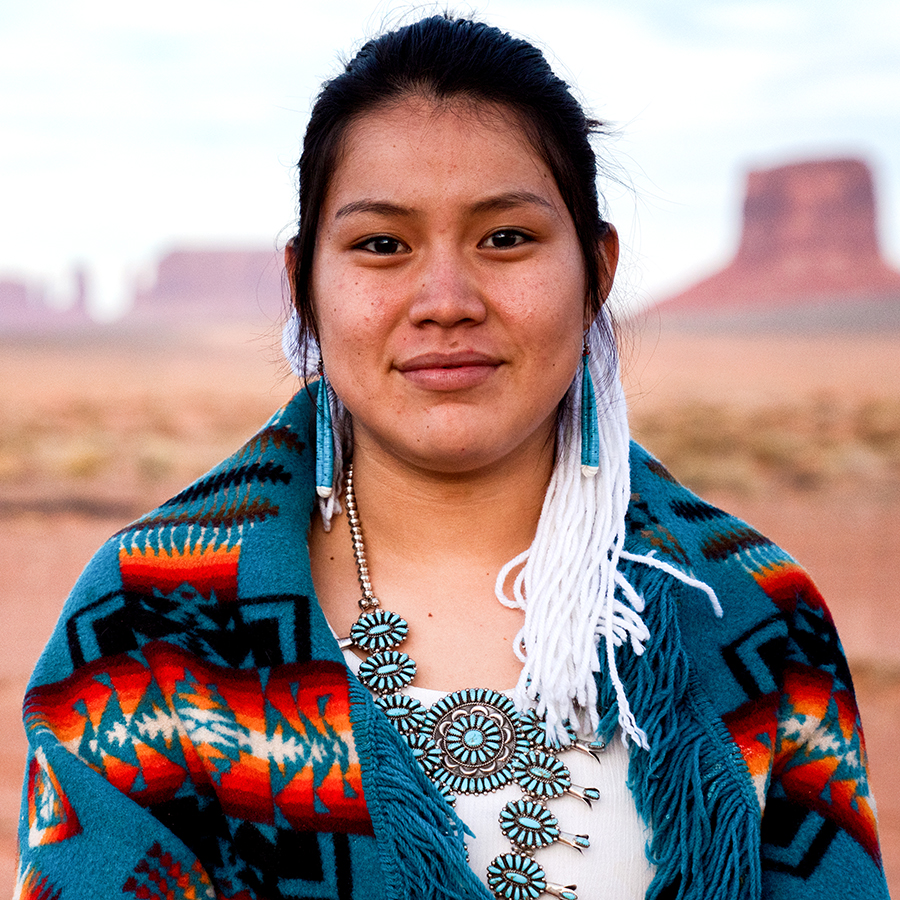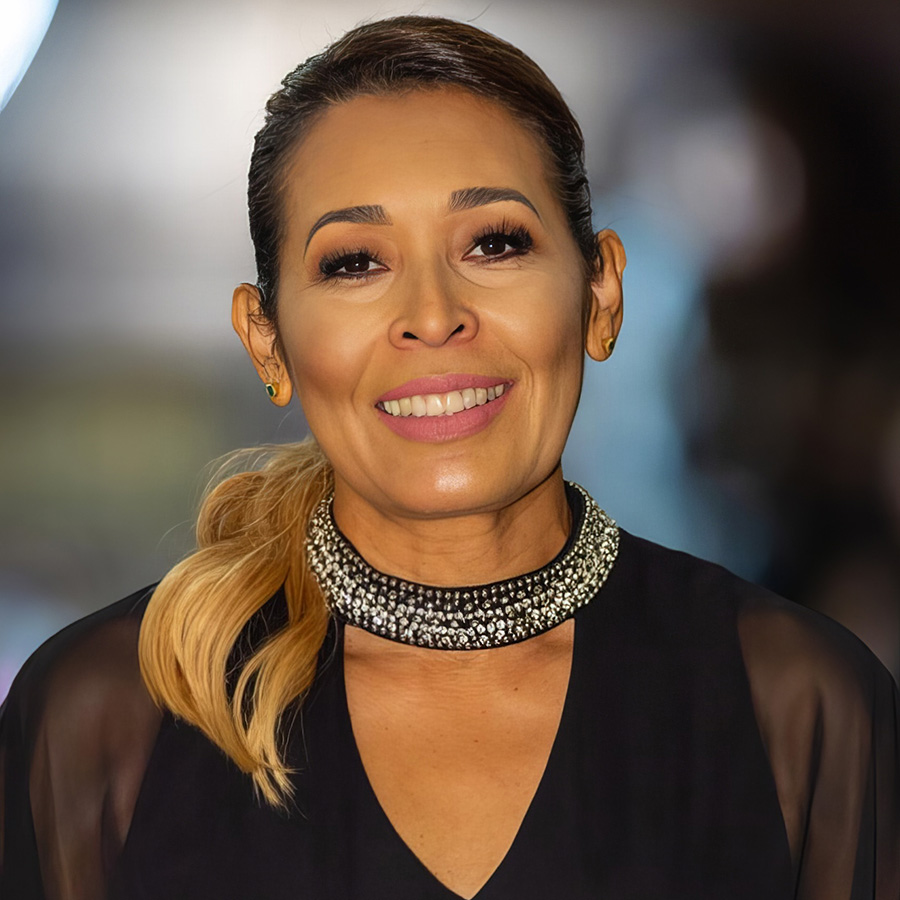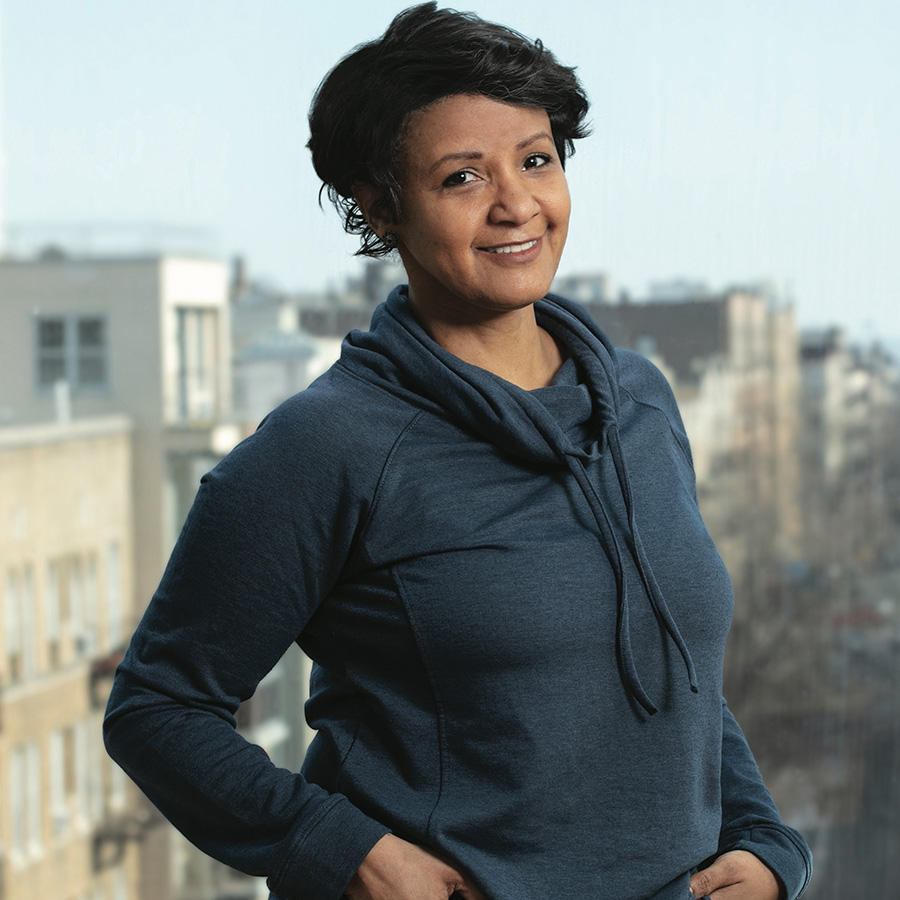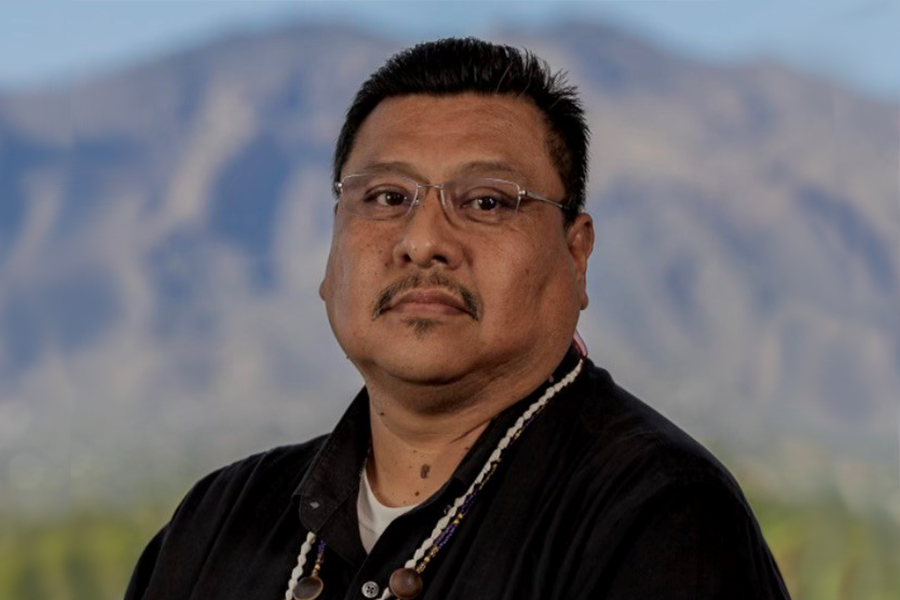
“If done right, if we are open and honest, there are a lot of benefits All of Us can bring to Tribal communities,” Flores said. “This takes time. We need to build long-standing relationships.”
Key Facts
- Miguel Flores Jr. has worked in behavioral health for 30 years and with a variety of institutions.
- Flores is also a 4th generation tribal member and community leader.
- His health experience paired with his indigenous background led to his role on several All of Us governing groups.
Miguel Flores Jr. is a substance abuse counselor, traditional healer, and community leader in Tucson, Arizona. Raised in his family’s Indigenous Mexican traditions, he also is a proud member of the Pascua Yaqui Tribe and the Tohono O’odham Nation. Flores speaks English, Spanish, and Native languages, including Yaqui and O’odham.
The blend of languages and cultural traditions inspired Flores’ passion for counseling with a strong focus on holistic practices, caring for the mind, body, and spirit. In his 30-year behavioral health career, he has worked with federal and state governments, academic institutions, and Tribal Nations. Throughout his career, Flores has helped build partnerships and awareness of different philosophies, and expectations.
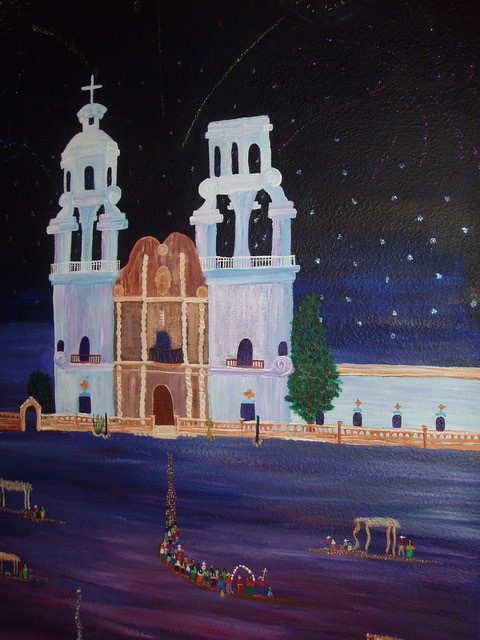
Miguel Flores Jr. is also an artist, expressing his love of Tribal culture through acrylic paintings that are part of a large mural in the Tohono O’odham Behavioral Health Program’s Healing Room. “Art is non-confrontational and expressive,” Flores said.
"There needs to be a better understanding on all sides,” Flores said.
Flores became involved with the All of Us Research Program in 2018 through his work with the University of Arizona at Tucson, sharing input with one of the program’s first health care provider organizations on engaging with Indigenous communities.
“I was asked to have a seat at the table, to offer my feedback,” Flores said. “That’s not something that happens very often.”
Flores serves on a governing group helping the program focus on outreach to communities historically underrepresented in biomedical research. The program will soon begin incorporating health data on its research platform from participants who self-identify as American Indian and Alaska Native (AI/AN). These de-identified data will be available to registered researchers, with protections in place to safeguard privacy and support responsible use.
“I think this is good progress,” Flores said. “It will help advance research on health and disease
among Indigenous populations.”
Going forward, Flores plans to stay involved in the program to promote continued oversight and
checks and balances to make sure future research is respectful and not stigmatizing.
“His participation and partnership have helped All of Us create a more inclusive program to better meet the needs of Tribal Nations,” said Michael Hahn, All of Us Tribal Engagement and Outreach Branch chief. “We are committed to working with Indigenous communities to advance medical research that can benefit all of us.”
In September 2023, All of Us announced a total of $1.5 million in funding awards to several institutions, including the University of Arizona, to support work with Tribal Nations to advance precision medicine. The University of Arizona is working to develop a community readiness assessment tool which will support a long-term strategic plan for continued Tribal engagement. A key to boosting readiness is respecting the sovereignty of Tribal Nations, Flores said.
Long-Standing Relationships: Generations of Caring
Building lifelong relationships comes naturally to Flores, who is a fourth-generation Tribal member. His maternal great-grandmother, Loretta Lucero Alvarez, fled Mexico on foot with a group of refugees when the Mexican government began deporting Indigenous members of the Yoeme village. In Arizona, she served as a Pascua Yaqui Tribal midwife from the 1920s to the 1970s, known for her use of herbs and prenatal massage to successfully deliver breech babies. Tucson’s Kino Community Hospital named their labor and delivery room after her when she passed away in 1992 at the age of 104.
Alvarez’s legacy lives on in Flores, who was inspired by his great-grandmother’s resilience and commitment to her Tribal community. Flores was raised in the Latino Mexican tradition but was fascinated by Indigenous cultures and customs from a young age. “As a child, my heart always felt comfortable being at the Yaqui ceremonies,” Flores said.
Flores was the first in his family to graduate high school and attend college. While there, he noticed a sign on campus for a tutoring position with the local school district. He applied and was accepted to a program called Y.E.S. (Youth Enrichment Services), which offered children in kindergarten through sixth grade after-school tutoring. So began the start of a new career that fostered his passion for counseling.
“I had a good rapport with the kids, and it really changed my life course,” Flores said. The program trained him to integrate art and cultural traditions, as well as violence prevention practices. He went on to pursue mentoring positions with the Tohono O’odham Nation, where he qualified for a state license as an independent substance abuse counselor, as well as a certified sex offender treatment specialist. He then opened his own counseling business.
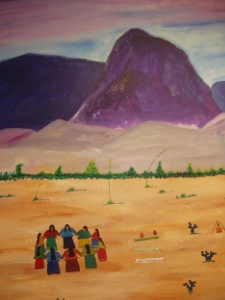
San Xavier del Bac Mission and the procession of the Feast of St. Francis of Assisi in October. Miguel illustrates the torchlight procession of Tohono O’odham (Desert People) and Pascua Yaqui Tohono O’odham women in a circle praying before the sacred harvesting of the Saguaro fruit just before the summer monsoon rains.
Patricia S. Nye, M.D., retired captain in the U.S. Public Health Service, mentored and worked with Flores for 18 years while she was director of behavioral health for the Tucson Area Indian Health Service office. She credits his lifelong experiences, “profound understanding, and respect for his own background: Pascua Yaqui, Tohono O’odham, Mexican, and Mayan,” as motivation for his career and passions.
“He has known from childhood that he possesses a gift and the responsibility to use his gift for healing and wholeness,” she wrote in a 2014 letter of support for one of his counseling jobs.
A Healer and Leader
As a longtime traditional healer and spiritual leader, Flores has focused on educating his communities about the need for medical research that includes them. In his role with All of Us, he has informed program leaders about engaging with Tribal communities in ways that respect their cultures and customs.
“There has been generational trauma from research that has had a negative impact on our communities,” Flores said. “Many broken promises, broken treaties.”
Flores believes that the program’s ongoing Tribal consultations are beneficial and making progress. The consultations have given both the federal government and Tribal leaders an opportunity to better understand their different perspectives. The most recent Tribal consultation report, published January 26, 2024, outlines how the program will respond to Tribal leaders’ feedback.
“Building trust, understanding, and partnership takes time,” Flores said. “Sometimes we have two different philosophies of how things get understood—two different time frames.”
Often, his role is in developing a bond between the two groups, helping to build a shared understanding and a path forward. A clear example of this divide is with DNA samples.
“Participants do get valuable information back,” Flores said. “A lot of researchers just see DNA as a sample. As Indigenous people, we see it as a gift. We’re giving you part of our life.”
Throughout Flores’ career, the commitment to teaching Native customs has remained constant.
“I have always been proud of who I am and where I am from,” Flores said. “The culture has never changed. While technology and times may change, the songs, the music, the medicines, the teachings have always been passed down through the generations. It’s my job to help people understand the significance, the meaning.”
To learn more about All of Us’ activities with Indigenous and Tribal communities, visit https://allofus.nih.gov/about/diversity-and-inclusion/tribal-engagement.
Share your story with All of Us
If you would like to recommend someone to be featured, please submit a suggestion to All of Us.
Are you Interested in the All of Us Research Program?
- Learn about participation in the program.
- Learn about opportunities for researchers.
